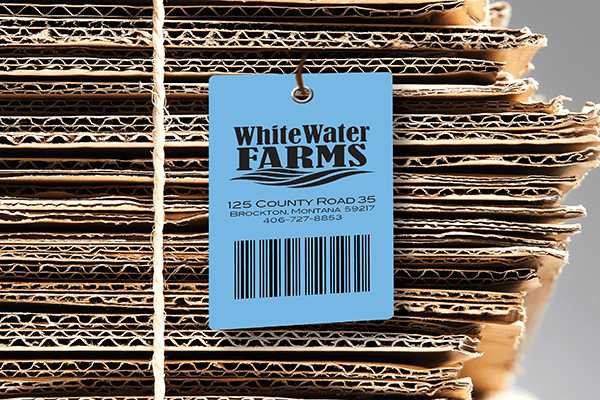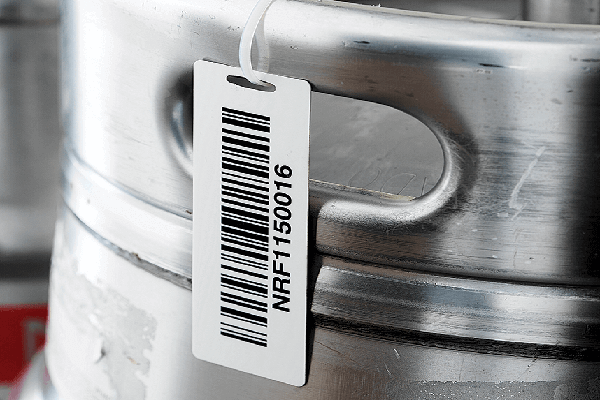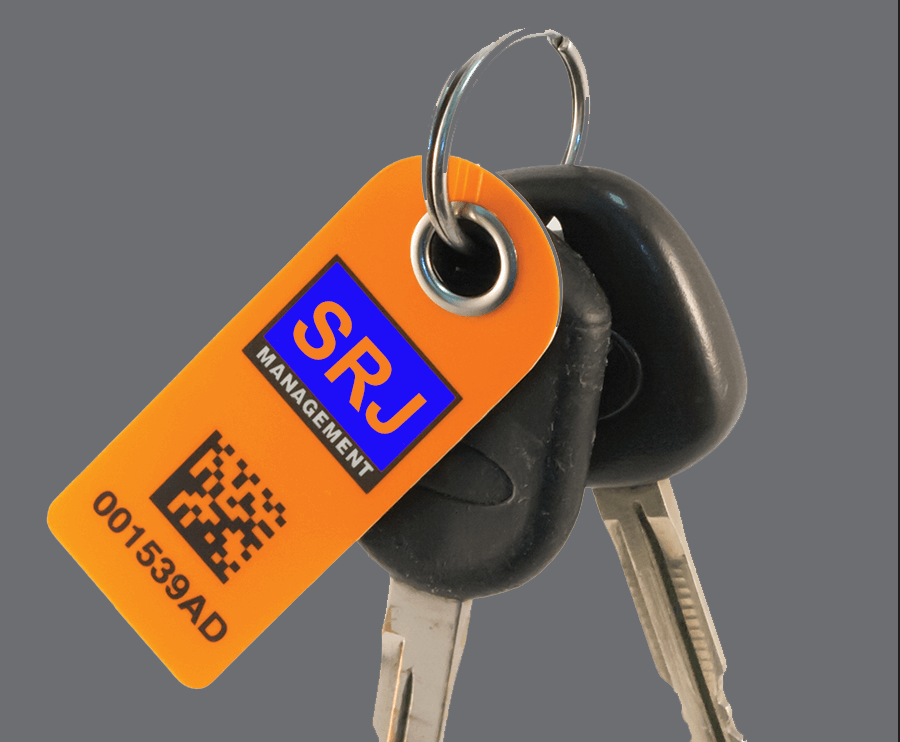Discover the versatility of plastic tags in so many applications—from hang tags, parking passes and pallet tags to key fobs, wristbands and bale tags. Showcase your brand, track your assets and more with these options that are often reusable, extremely tough, attached using any type of fastener, using any technology (barcode and/or RFID) and (always) customizable. The options continually expand with Metalcraft’s engineering experts creating solutions for every identification challenge. That’s ID Made Better®.
The Bale Tag is the ideal solution for tagging and tracking any type of bale.
Our Name Badge/Credential Tags are produced with a digital printing process that provides photographic-like quality.
Our Barcode Hang tags are removable, reusable solutions for a variety of applications.
Metalcraft's Key Fobs are the ideal solution for personnel applications where the tag can be secured to a key chain.
The Rearview Mirror Tag is a stellar choice for access control in parking lots, gated communities and anywhere vehicles go.
More effective than traditional ticket systems, each wristband features a durable adhesive-closure.
From The Asset Tracking Blog

Durable Labels: The Superheroes of the Label World
Ever thought of durable labels as superheroes? Consider their super strength, their incredibly tough skin, their photographic memory, and their invulnerability to freezing temperatures and searing heat.






